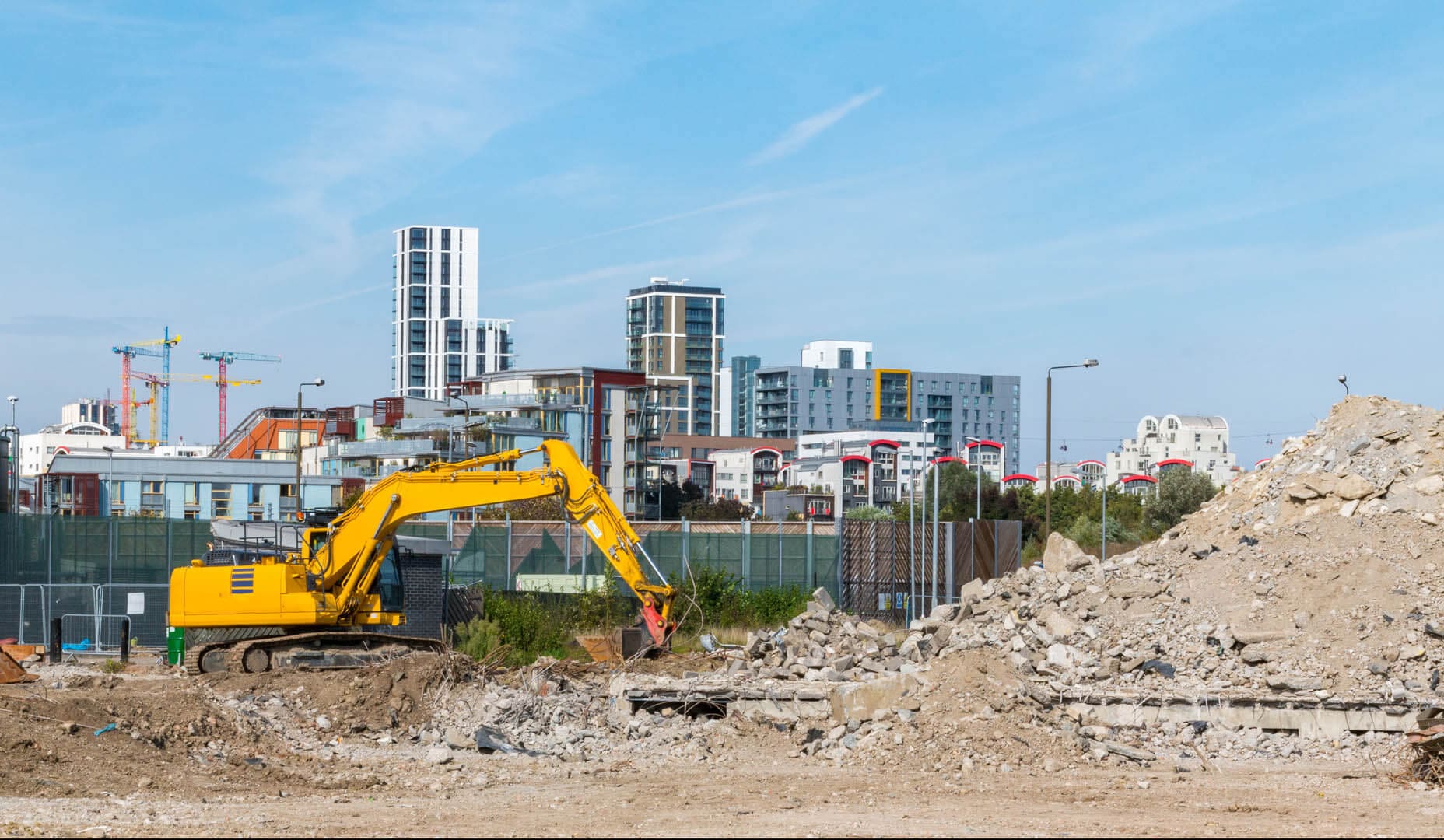Before undertaking a new Lease, whether commercial or residential, it is important to consider how you may be affected when that Lease comes to an end. There will usually be a clause that expects the tenant to keep the Property ‘in good repair’, so it’s important to identify any repairs needed prior to the beginning of the tenancy. It helps to set a benchmark against which the property, land or structure can then be assessed in the future and helps both landlords and tenants.
- The advantage of a Schedule of Condition for a tenant is that is helps to limit liability to remedy anything which took place prior to their occupation of the property.
- The advantage for a landlord is that they have certainty that the tenant is obliged to return the property in the same date they took occupation.
- It can help avoid disputes that may arise once the end of the lease term is reached.








